India is one of the most biodiverse countries on earth and has a rich history. It is also home to many endangered animals and plants, making it an ideal location for ecotourism. There are numerous ecotourism destinations in India. The country is also home to some of the world’s largest man-made wildlife sanctuaries, such as Corbett National Park and Mahanadi Tiger Reserve.
India is a country of many landscapes and cultures. With so much to see, it’s no wonder that ecotourism in India has become increasingly popular in recent years.
What is ecotourism?
Ecotourism is tourism that is based on the appreciation of natural areas and their wildlife. It involves visiting natural areas to appreciate, learn about, and enjoy the scenery and wildlife. Ecotourism can include camping, hiking, birdwatching, nature photography, and environmental education.
It is a form of tourism that is based on experiencing the natural environment. It is often used to describe sustainable tourism that conserves the environment and improves the well-being of local people.
The states that encourage ecotourism in India
Ecotourism is the fastest growing sector of the travel industry. This type of tourism is focused on environmentally and culturally sensitive travel. There are six states that encourage ecotourism in India. These states are Himachal Pradesh, Uttarakhand, Karnataka, Tamil Nadu, and Andhra Pradesh. Each state has its unique attractions that draw tourists to the area. Some of these attractions include mountains, forests, wildlife reserves, temples, and beaches
Ecotourism in Himachal Pradesh
Himachal Pradesh is one of the most picturesque states in India. It is also home to several Himalayan peaks, including Mount Kailash, and many important Hindu pilgrimage sites. The state has long been known for its natural beauty, and in recent years it has become a popular destination for ecotourism.
The Himachal Pradesh Tourism Development Corporation has been working to promote ecotourism in the state, and there are now several tour operators offering eco-friendly tours. Visitors can enjoy trekking and hiking through the forests and hills, or rafting down the rivers. There are also opportunities for bird watching and wildlife viewing. Himachal Pradesh is an ideal destination for those who want to experience ecotourism in India or the natural beauty of India while preserving the environment.
Ecotourism in Uttarakhand
Uttarakhand, a state in the northern part of India, is well known for its natural beauty. The Himalayas run through the state, and it is home to many religious sites and temples. Uttarakhand also has a thriving ecotourism industry. In Uttarakhand, tourists can enjoy activities like hiking, camping, rafting, and bird watching. There are also many villages in the state where tourists can stay and learn about traditional Indian culture.
The government of Uttarakhand is working hard to make sure that ecotourism in India benefits both the environment and the local communities. For example, they are promoting sustainable tourism practices like using local materials and food products whenever possible. This helps to reduce environmental impact and also creates jobs for locals.
Ecotourism in Karnataka
Karnataka is one of the most popular states for ecotourism in India. The state has a number of protected areas, including six national parks and more than a dozen wildlife sanctuaries. These areas are home to a wide variety of flora and fauna, including elephants, tigers, leopards, and sloth bears. Visitors can enjoy safaris and hikes through the forests, as well as boat rides on the many rivers and lakes. There are also many temples and other historical sites to visit.
Ecotourism in Tamil Nadu
Tamil Nadu is one of the most popular destinations for ecotourism in India. The state has a wealth of attractions, including beautiful beaches, temples, and wildlife sanctuaries. Tamil Nadu is also home to a thriving ecotourism industry. Visitors can enjoy safaris through the forests and national parks, or take boat trips down the rivers and backwaters. There are also many opportunities for bird watching and fishing.
Ecotourism in Andhra Pradesh
Andhra Pradesh is one of the most biodiverse states in India, with a wide variety of ecosystems including coastal wetlands, mangroves, dry forests, and hill forests. The state has many ecotourism destinations, including protected areas like the Nagarjunsagar-Srisailam Tiger Reserve and national parks like Papikonda National Park.
Andhra Pradesh also has some cultural heritage sites that can be visited as part of an ecotourism trip, such as the Buddhist site of Amaravati and the Hindu temple city of Vijayawada. There are also many rural villages in Andhra Pradesh where visitors can experience traditional Indian culture during ecotourism in India.
How ecotourism benefits the environment and the local economy
The travel industry is booming, and people are looking for new and authentic experiences to have abroad. One of the fastest-growing sectors of the travel industry is ecotourism, which offers travelers the opportunity to see the natural world up close while also benefiting the environment and the local economy.
Ecotourism can take many different forms, from camping and hiking in a national park to whale watching or birding in a coastal area. What all ecotourism has in common is that they minimize negative impacts on the environment and maximize positive benefits for local communities.
Some of the ways ecotourism benefits the environment include: promoting the conservation of natural areas; providing financial support for local conservation initiatives; creating jobs and income opportunities for locals; and educating tourists about environmental issues.
7 Wonders of the world
As India’s population continues to grow, the pressure on the country’s environment and natural resources intensifies. Ecotourism is one strategy that offers hope for preserving India’s natural heritage while providing economic opportunities for local communities. In this article, we will explore the current state of ecotourism in India and some of the challenges and opportunities that it presents.

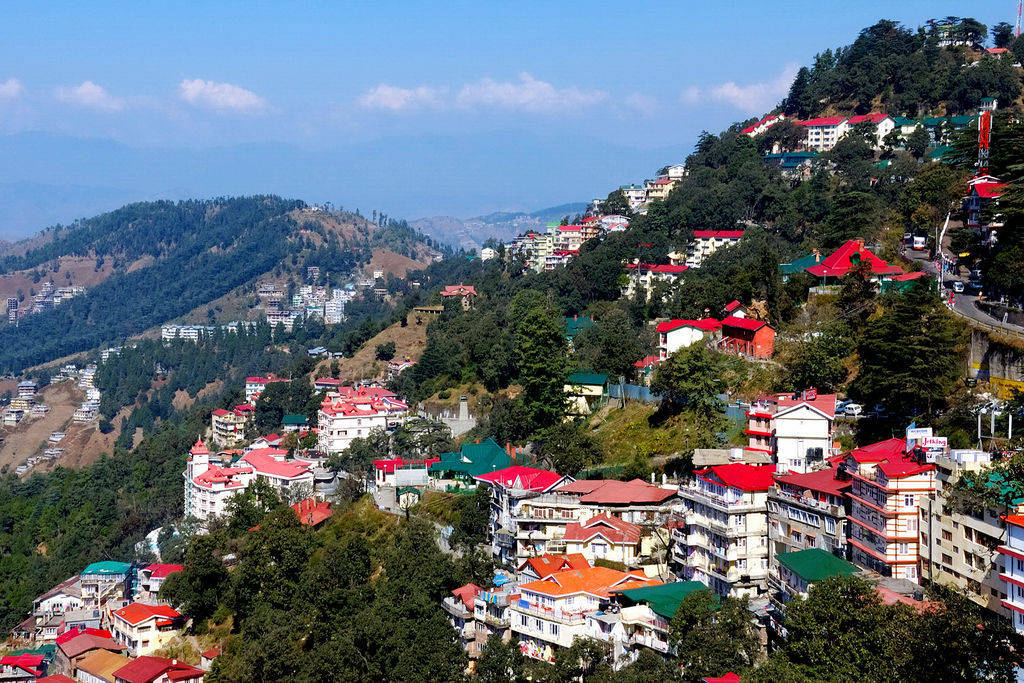
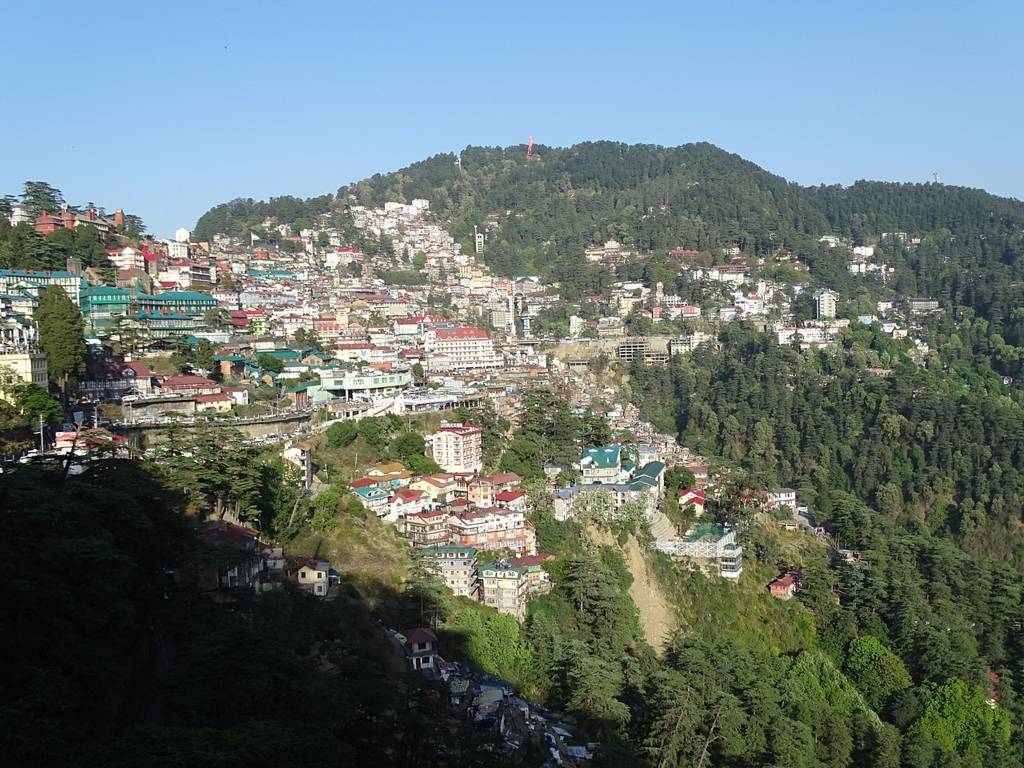
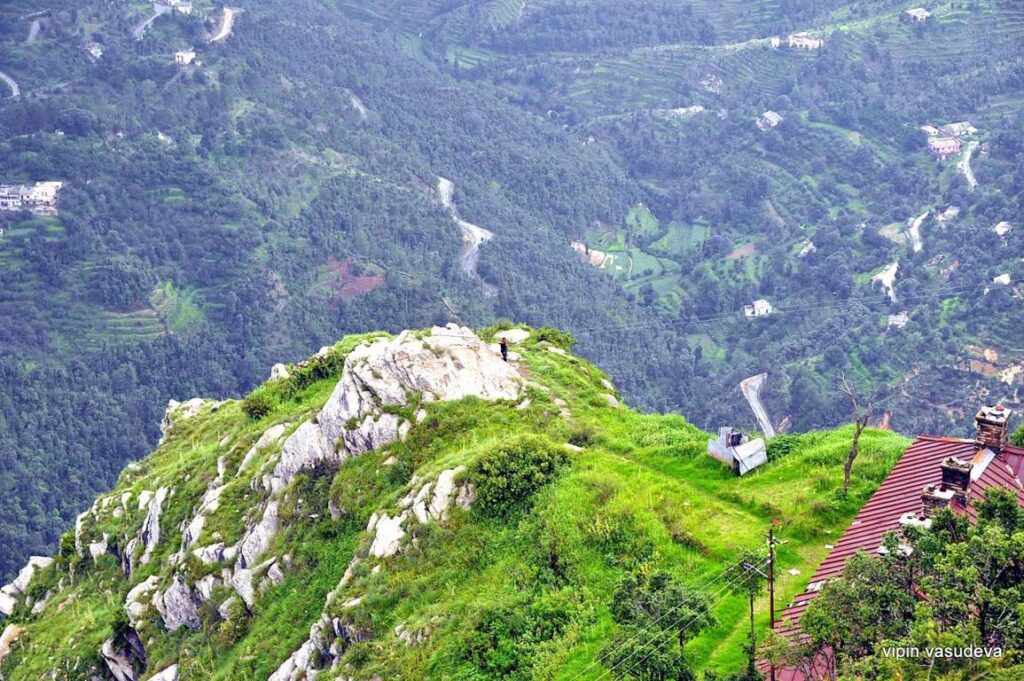
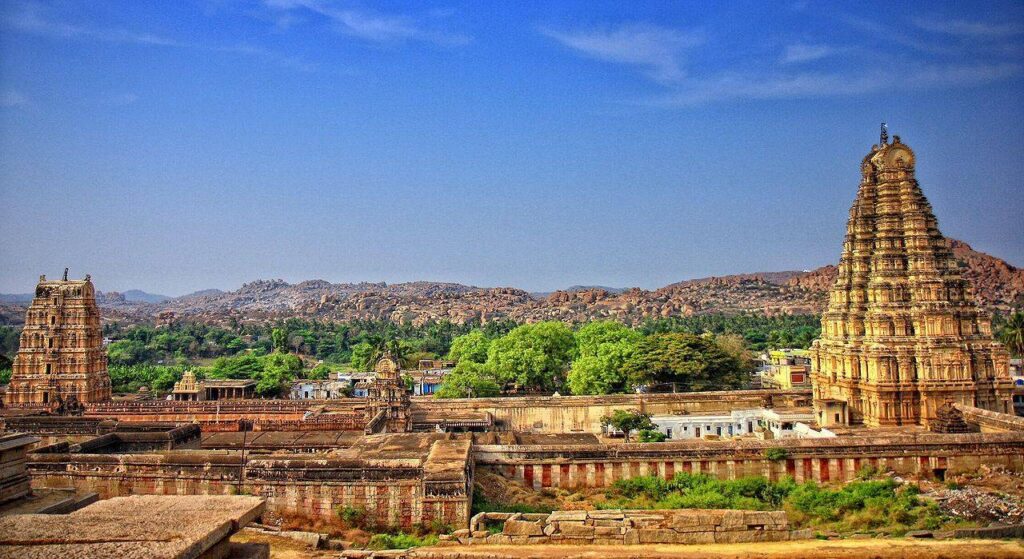
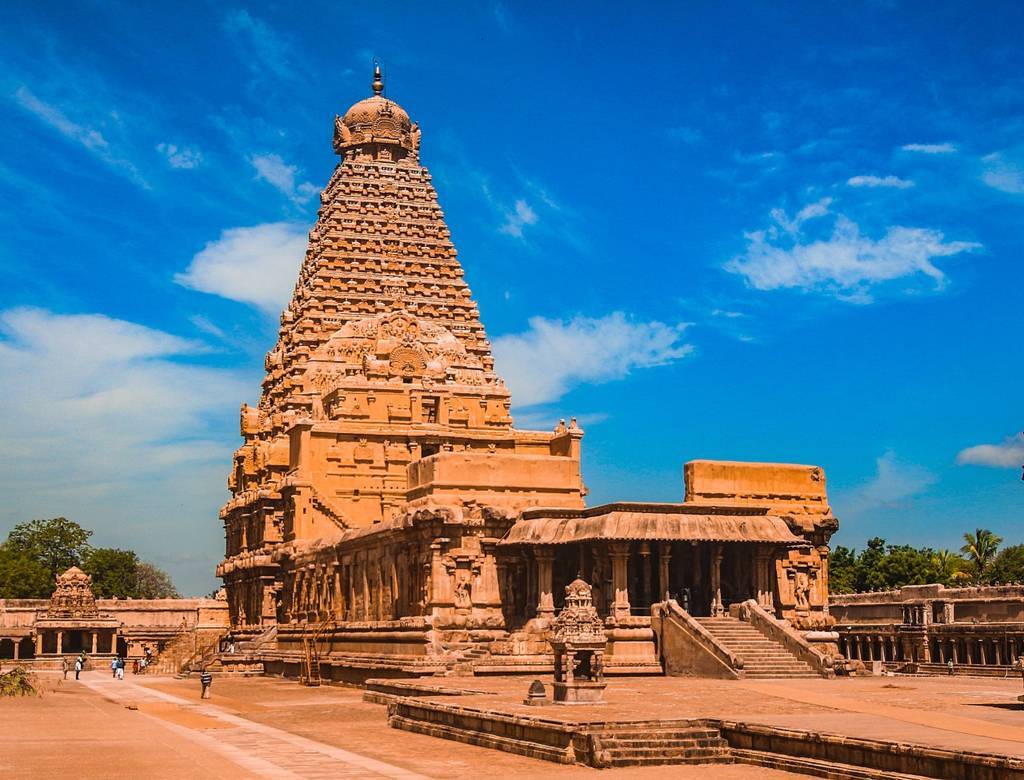
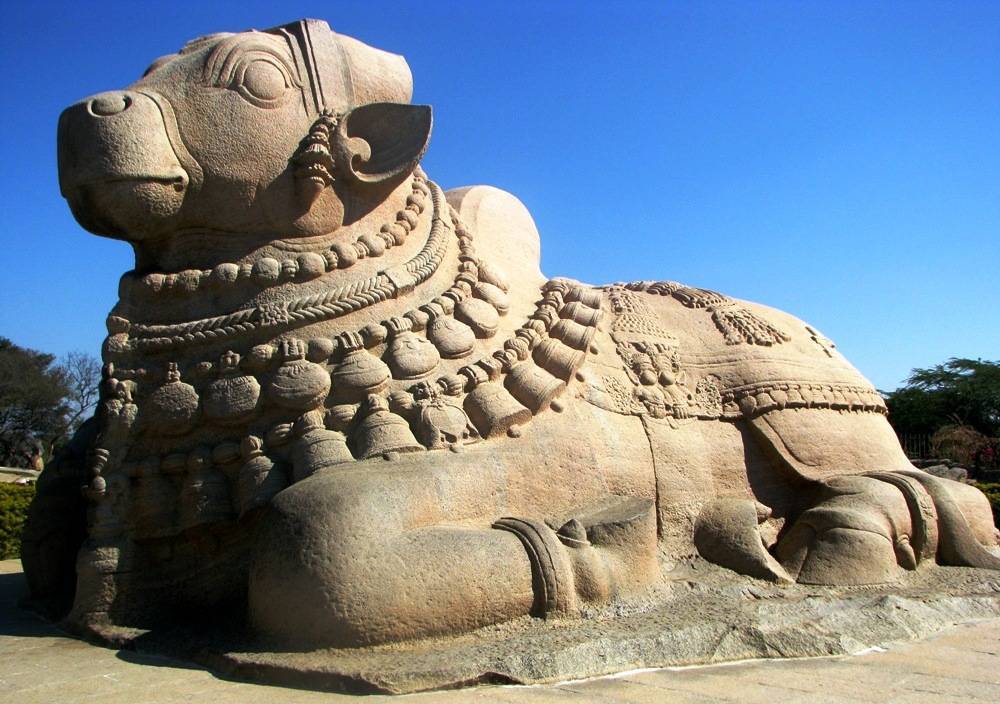




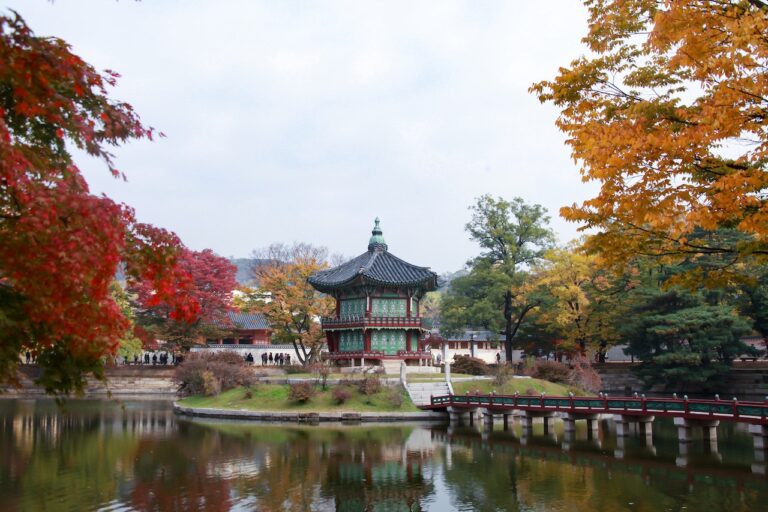
Comments are closed.